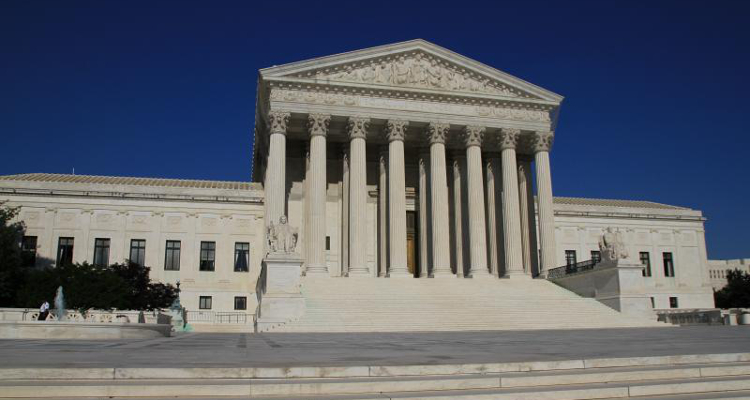Following its summer recess, the United States Supreme Court is back in session and is reportedly due to hear a case considering whether the sovereign immunity of the federally-recognized Mohegan Indian Tribe extends to an employee of its gaming enterprise in Connecticut.
According to a report from the Indianz.com news domain, the nation’s highest court, which began its session on Monday with eight justices following the death of the usually conservative Antonin Scalia in February, heard four aboriginal law cases last year and is now set to consider arguments in Lewis v Clarke.
“It appears that, again, in the upcoming United States Supreme Court term, tribal sovereignty will be front and center,” Tim Purdon, who served on the United States District Court For The District Of North Dakota from 2010 to 2015, told Indianz.com.
Despite a unanimous March decision from Connecticut’s top court against them, Brian and Michelle Lewis will now be hoping to convince the United States Supreme Court that William Clarke, who was a limousine driver for the Mohegan Tribal Gaming Authority and its Mohegan Sun enterprise, should be held accountable for injuries they suffered as a result of an accident in October of 2011.
The non-Indian couple had originally named the Mohegan Tribal Gaming Authority as a defendant in the matter but subsequently took the casino firm off of the case out of fear of losing on the grounds of sovereign immunity.
In its ruling, the Connecticut Supreme Court declared that Clarke had been “acting within the scope of his employment when the accident that injured the plaintiffs occurred” while Justice Dennis Eveleigh, citing a slew of cases in the state and federal courts, wrote that it is well established that “the doctrine of tribal immunity extends to individual tribal officials acting in their representative capacity and within the scope of their authority”.
Despite the long string of similar cases, Indianz.com reported that the United States Supreme Court, which is to remain short-handed until the United States Senate considers whether to approve the nomination of Merrick Garland, has never directly ruled on the issue set to be presented in Lewis v Clarke.
While the Mohegan Indian Tribe is not directly named as a defendant in the matter, the outcome will likely also affect one of its close partners, the Tunica-Biloxi Indian Tribe of Louisiana. This federally-recognized tribe had asked the United States Supreme Court to hear a similar case in which a lower state court held that employees of its Paragon Casino Resort could be held liable in connection with a fatal accident in July of 2013.
“We find that sovereign immunity in this case does not bar the suit against the Paragon Casino Resort employees in their individual capacities,” wrote Billy Howard Ezell of the Louisiana Third Circuit Court Of Appeal in December.
The United States Supreme Court last considered a tribal immunity case in May of 2014 when it ruled by a narrow five-to-four margin that the state of Michigan could not sue the Bay Mills Indian Community because neither the tribe nor Congress had waived sovereignty. Scalia was among the four justices to issue a minority opinion in this matter while fellow dissenters Clarence Thomas, Ruth Bader Ginsburg and Samuel Alito remain on the court.



